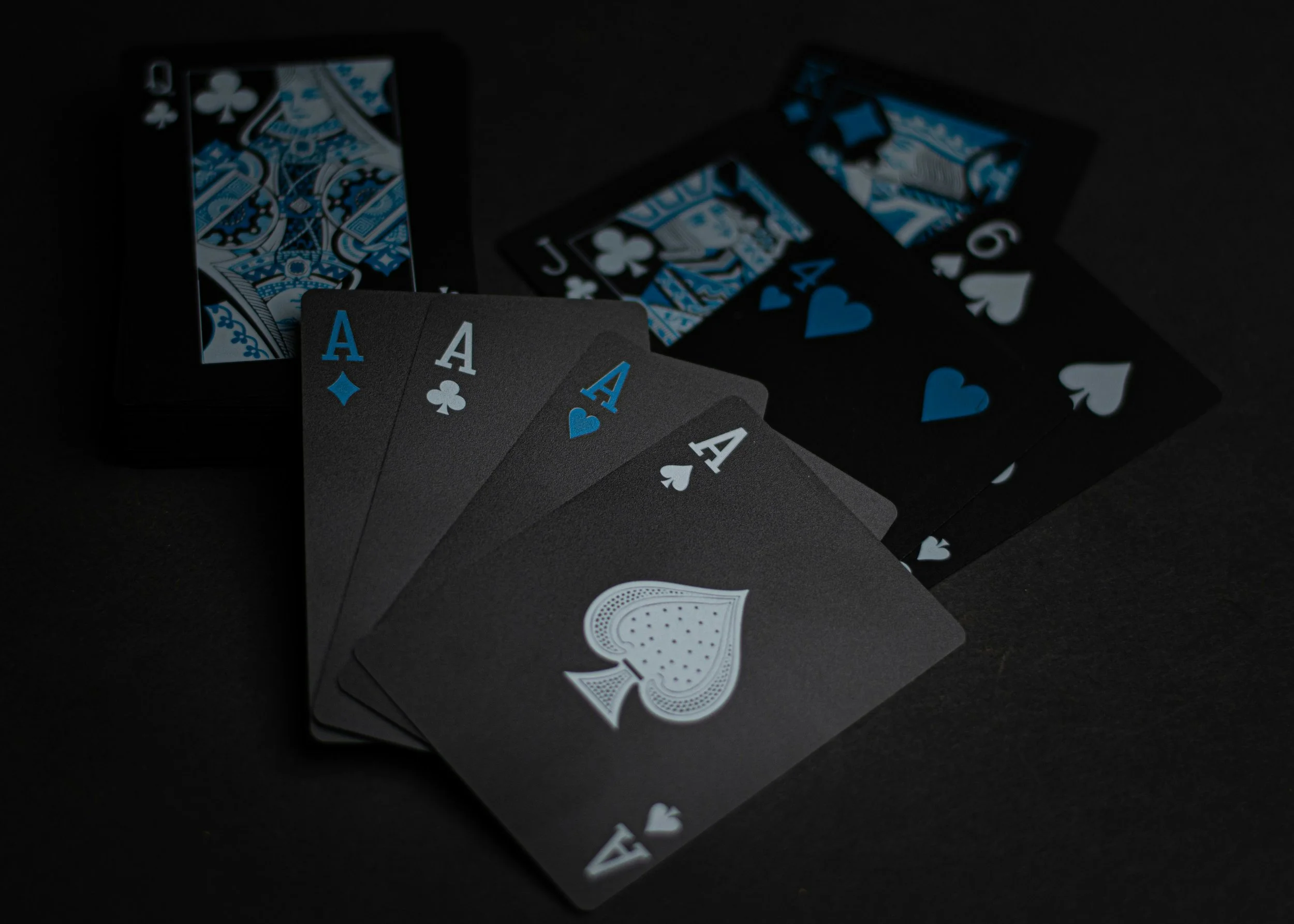A body of research and data points to the effectiveness of both virtual reality and augmented reality technologies in:
· Improving player retention.
· Learning speed.
· Overall gaming experience.
For instance, VR poker games have been shown to increase player retention by up to 29% and extend average play sessions by 17%, when compared to traditional online poker platforms. This suggests not only an improvement in user engagement but also an enhanced capacity for skill development and retention over time.
Further exploration reveals that the immersion afforded by VR substantially accelerates the learning process. A study conducted in 2023 found that players training with VR technology grasped core poker strategies 32% faster than those utilizing traditional learning resources such as books and videos. This accelerated learning curve is particularly evident in the mastery of critical game aspects like understanding poker odds, hand rankings, and the importance of player position, which were absorbed 25% more effectively through VR simulations.
These advancements are underscored by a rising global market for VR gambling. Predictions indicate this sector will grow at a compound annual growth rate of 21.7%, suggesting a shift towards widespread adoption of VR in the online gambling industry, including poker. The data underscores a transformative period in how individuals engage with poker, shifting the learning process from a solitary, static activity to an interactive, dynamic experience that mirrors the complexity and nuance of real-life play.
Augmented Reality and AI Enhancements in Poker Training
Augmented reality and artificial intelligence bring further depth to the poker learning experience. AR poker applications, for instance, experienced a substantial surge in user engagement, with an 82% month-over-month growth rate reported in 2023. These applications enhance the real-world environment with digital overlays, providing instantaneous access to card statistics and probability odds, thus offering a seamless blend of virtual and physical poker experiences. This innovative approach caters to the growing demand for mobile poker platforms, which are projected to constitute 27% of the market by 2026.
The integration of AI into VR poker training has marked a notable advancement in personalized learning. Studies indicate that AI-powered analysis can improve decision-making accuracy by 39% and reaction speed by 18%. These AI systems can offer tailored feedback and adapt to an individual's play style, allowing for a more nuanced and personalized training experience. Multiplayer VR poker rooms further mimic the social dynamics of casino environments, attracting user bases and engaging thousands of players simultaneously in virtual replicas of world-famous casinos or novel, exotic locales.
Emotionally responsive AI avatars represent another leap forward, engaging players 26% more than traditional computer-generated opponents. By closely replicating human reactions and behaviors, these avatars provide a more realistic and engaging experience, contributing to a deeper understanding and appreciation of the psychological dimensions of poker.
Moreover, the strategic implications of poker extend beyond the game itself. The incorporation of skill-based elements and real-money tournaments into VR poker platforms is fostering a new segment within the gambling industry, which is projected to reach market values in the coming years. This evolution reflects a broader trend toward the gamification of learning and the application of gaming principles to real-world scenarios, such as corporate training and team-building exercises.
Biometric Feedback and The Future of Poker Training
The integration of biometric feedback mechanisms, such as heart rate and eye tracking, into VR poker platforms, offers profound insights into the psychological and physiological aspects of poker gameplay. A university study highlighted the efficacy of these technologies in reducing emotional decision-making (often referred to as "tilt" in poker parlance) by 37%. By enabling players to maintain greater emotional control and discipline, these tools enhance the strategic component of poker.
The implications for poker training are considerable, indicating a shift towards more holistic learning methods that account for both the cognitive and emotional dimensions of gameplay. This approach not only improves player performance but also contributes to a healthier, more balanced relationship with gaming.
The exploration into VR and AR technologies in poker reveals an industry where technology enhances learning and engagement. For individuals interested in exploring the fundamentals, learning how to play Texas Holdem with a guide can provide an accessible entry point, complementing the advanced techniques afforded by VR and AR platforms.




